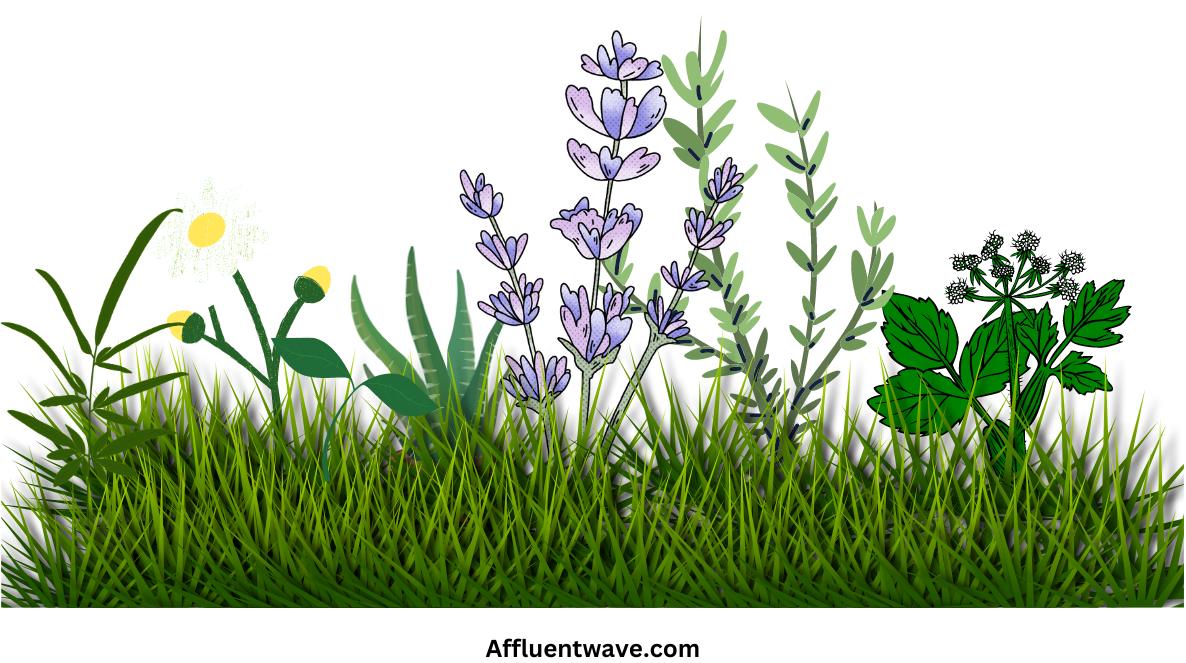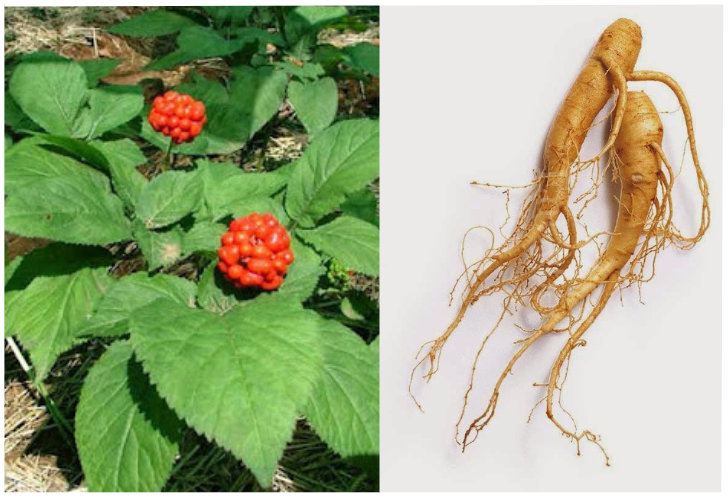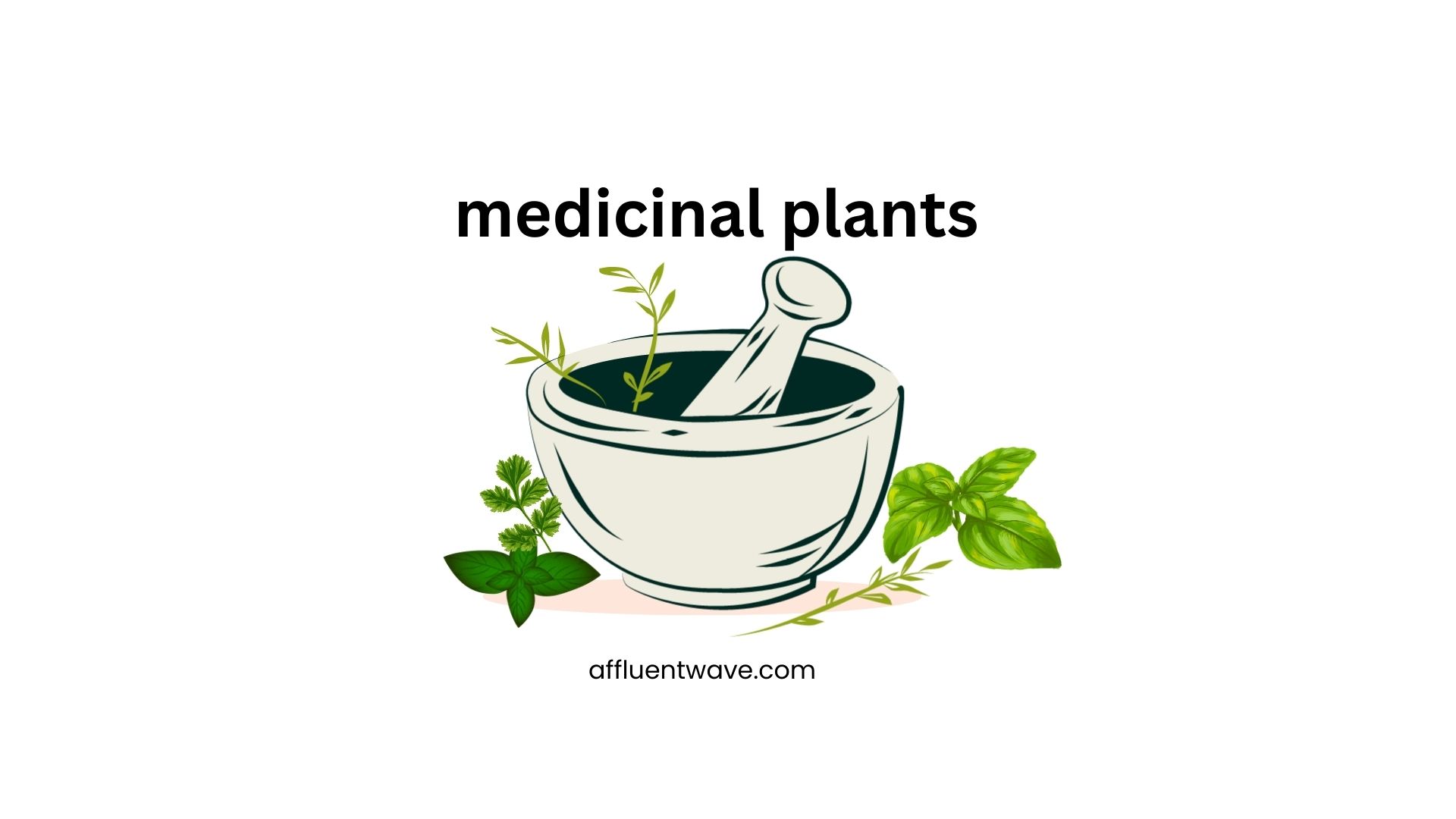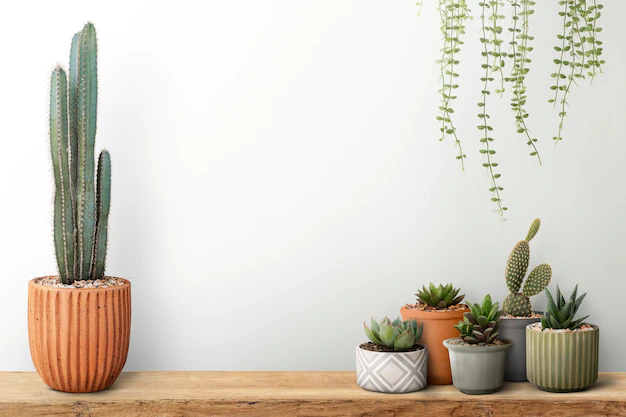10 Powerful Medicinal Plants and Their Healing Properties
Discover the incredible healing properties of medicinal plants. From Aloe Vera to Turmeric, these potent herbs offer natural remedies for various health conditions. Embrace the power of nature’s pharmacy and enhance your well-being with medicinal plants.
- Introduction
- What are Medicinal Plants?
- The Historical Significance of Medicinal Plants
- Modern Research and Medicinal Plants
- Aloe Vera: The Soothing Succulent
- Lavender: The Scent of Serenity
- Turmeric: The Golden Spice of Life
- Peppermint: A Refreshing Remedy
- Ginseng: The Energy Booster
- Echinacea: Nature’s Immune Support
- Chamomile: The Calming Herb
- Ginger: A Natural Digestive Aid
- Garlic: The Heart’s Ally
- Cinnamon: More Than Just a Spice
- Conclusion
- FAQs
Introduction
In this fast-paced and modern world, people are seeking natural alternatives to maintain good health and treat various ailments. Medicinal plants have become increasingly popular due to their therapeutic properties, safety, and accessibility. Let’s explore the fascinating world of medicinal plants and discover their profound effects on our well-being.
What are Medicinal Plants?

Medicinal plants are botanical wonders that possess compounds and substances with therapeutic benefits. These plants have been used for centuries in traditional medicine systems across different cultures. Their natural healing properties have piqued the interest of modern science, leading to extensive research on their efficacy.
- Introduction
- The Importance of Growing Herbs in Your Garden
- Enhancing Your Health Naturally
- Cost-Effectiveness and Convenience
- Top 10 Herbs to Grow for a Natural Health Boost
- Basil: A Versatile and Flavorful Herb
- Mint: Soothing and Refreshing
- Rosemary: Aromatic and Medicinal
- Thyme: Culinary and Medicinal Uses
- Lavender: Relaxing and Calming
- Sage: Aromatic and Medicinal Properties
- Oregano: Flavorful and Medicinal Benefits
- Chives: Mild Onion Flavor with Health Perks
- Parsley: Nutrient-Rich and Fresh
- Cilantro/Coriander: Flavorful and Detoxifying
- Tips for Growing Herbs Successfully
- Choosing the Right Location
- Providing Adequate Sunlight and Watering
- Using Quality Soil and Fertilizers
- Pruning and Harvesting Techniques
- Companion Planting for Herb Gardens
- How to Use and Store Your Homegrown Herbs
- Fresh Culinary Applications
- Drying and Preserving Techniques
- Creating Herbal Teas and Infusions
- Homemade Herbal Remedies
- Conclusion
- FAQs
The Historical Significance of Medicinal Plants
The use of medicinal plants dates back to ancient civilizations like the Egyptians, Greeks, and Chinese. Historical texts and records reveal how these cultures harnessed the power of plants to address various health conditions. We’ll explore the fascinating history of medicinal plants and their cultural significance.
Modern Research and Medicinal Plants
In recent times, scientific research has validated the healing potential of many medicinal plants. We’ll delve into some noteworthy scientific studies that support the use of these plants for different therapeutic purposes.
1.
Aloe Vera: The Soothing Succulent
Aloe Vera is renowned for its soothing gel, which offers relief for skin irritations and burns. We’ll uncover the various ways to use this incredible plant for skincare and other health benefits.
2.
Lavender: The Scent of Serenity
The pleasant aroma of lavender has calming effects on the mind and body. We’ll explore how lavender can promote relaxation, alleviate stress, and improve sleep quality.
3.
Turmeric: The Golden Spice of Life
Turmeric contains curcumin, an intense compound with calming and cell reinforcement properties. We’ll discover how this golden spice can positively impact various health conditions.
4.
Peppermint: A Refreshing Remedy
Peppermint is known for its refreshing taste and medicinal qualities. We’ll explore how peppermint can aid digestion, relieve headaches, and address respiratory issues.
5.
Ginseng: The Energy Booster

Ginseng is a popular adaptogenic herb known for its energy-boosting properties. We’ll delve into how ginseng can enhance stamina, reduce fatigue, and improve cognitive function.
6.
Echinacea: Nature’s Immune Support

Echinacea is a powerful immune-boosting herb that can help prevent and alleviate colds and flu. We’ll uncover how this plant strengthens the body’s natural defenses.
7.
Chamomile: The Calming Herb
Chamomile is a gentle herb with soothing properties that can promote relaxation and ease anxiety. We’ll explore its uses in teas and aromatherapy for stress relief.
8.
Ginger: A Natural Digestive Aid
Ginger has been utilized for quite a long time to help processing and lighten gastrointestinal uneasiness. We’ll learn about the various forms of ginger and how it can benefit digestive health.
9.
Garlic: The Heart’s Ally
Garlic is more than just a culinary delight; it also offers heart-protective benefits. We’ll discuss how garlic can support cardiovascular health and its other medicinal properties.
10
Cinnamon: More Than Just a Spice
Cinnamon is a beloved spice with potential medicinal properties. We’ll explore how cinnamon can help manage blood sugar levels and offer other health advantages.
RELATED ARTICLES
Conclusion
Nature’s pharmacy is abundant with powerful medicinal plants that have been healing humanity for generations. Embracing these natural remedies can complement modern healthcare and promote a holistic approach to well-being.
- Are medicinal plants safe to use?
Medicinal plants, when used appropriately, are generally safe. However, it’s essential to seek professional advice, especially if you have any underlying health conditions or are taking medications.
- Can I grow medicinal plants at home?
Yes, many medicinal plants can be grown at home, even in small spaces like balconies or windowsills. It’s a rewarding experience to cultivate these healing herbs yourself.
- How should I prepare medicinal plant remedies?
Preparation methods vary, from brewing teas and infusions to creating salves and tinctures. Following reputable recipes or consulting herbalists will ensure proper preparation.
- Are there any side effects of using medicinal plants?
Like any treatment, some people may experience mild side effects. It’s crucial to start with small amounts and discontinue use if any adverse reactions occur.
- Can medicinal plants replace conventional medicine?
Medicinal plants can complement conventional medicine, but they should not replace prescribed treatments for severe or chronic conditions. Always consult healthcare professionals for guidance.












